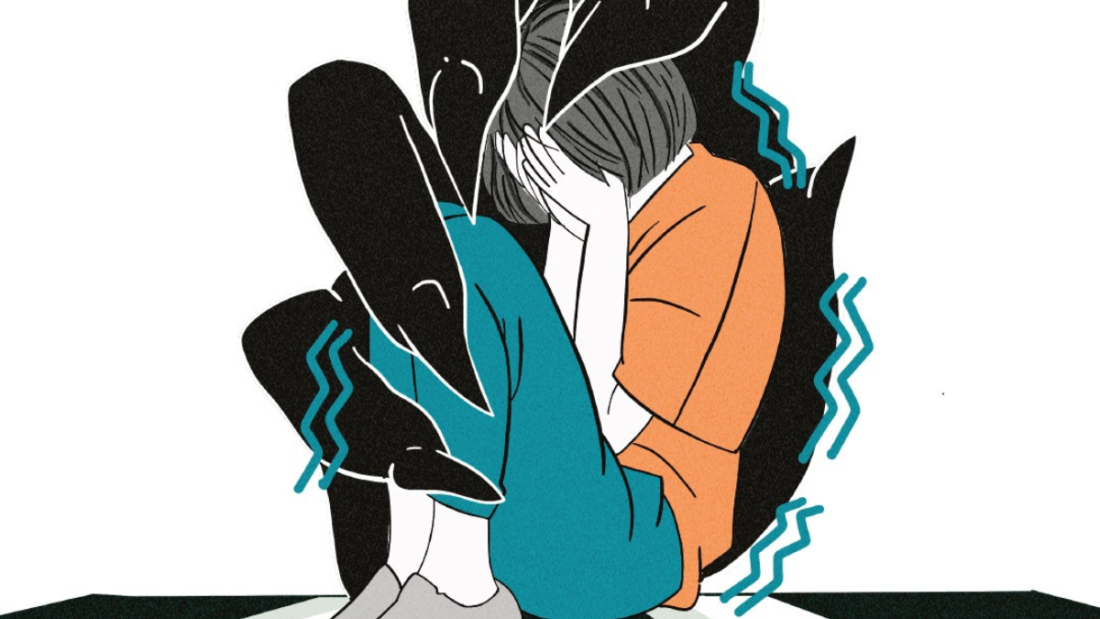Fear is one of those emotions that affect everyone. It can be an intensely unpleasant emotion and arises when there is a real or perceived threat of harm—either physical, emotional, or #psychological. Although fear is typically regarded as a “negative” feeling, it actually plays a crucial part in keeping us safe since it prepares us to deal with impending danger through the activation of flight/fight/freeze response. The purpose of fear is always to prevent or lessen harm. Our attention is drawn to the current risk, which motivates us to take action to deal with it. In this sense, by compelling us to act without hesitation, fear might actually save our lives (e.g., by jumping out of the way of a car coming at us). When experiencing fear, people respond in distinct ways, sometimes even in anger or aggression. On the other end of the spectrum, people may freeze when faced with fear. This too can be understood as a means to survive, and gives rise to the idea of being paralysed by fear.
Research (Kreibig, 2010) indicates that physiological changes caused by fear include an increase in heart rate, blood pressure, breathing, skin conductance, dilated pupils etc. It puts the individual in a state of high alert and hyper awareness that is usually self-focused. The blood moves away from the skin towards organs that will support the activation of defence strategies and hence a person’s skin may turn cold and seem pale.
Fear may also have a social impact: If someone becomes afraid of something, this fear tends to impact others and spread. This may occur even though there was initially no rational basis for fear.
Fear and #Anxiety might seem and feel similar, aspects of the 2 emotions may overlap as well. However, the distinction that researchers make is that fear is largely a reaction to a specific, definite danger as communicated through one’s senses while anxiety can often be experienced as an objectless, future-oriented fear, usually triggered by emotion.
To feel some amount of fear is normal. However, sometimes, the fear that a person may experience becomes acute, irrational and debilitating. At this point, it is important to work with a trained therapist or counsellor, to discover techniques for managing the fear can make it easier to deal with these emotions.
What techniques have helped you respond and cope when experiencing fear?
 Cart is empty
Cart is empty 


